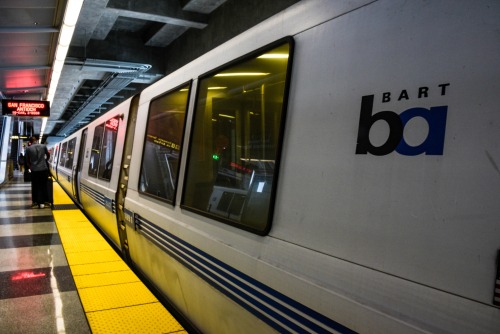
Oakland, Calif.,-based Bay Area Rapid Transit (BART) recently announced that it has managed to eliminate a projected $35 million budget deficit for the fiscal year starting July 1 by making cuts and implementing strict cost control efficiencies.
“We’re getting our budget in order to the extent that we can,” BART Board President Mark Foley said. “Closing a $35 million gap is no easy task. Now that we’ve overcome the first hurdle, we’ll focus on the bigger picture of restructuring BART’s funding model for long term sustainability.”
Total operating expense growth in the fiscal year 2026 budget is 1 percent while inflation in the Bay Area increased 2.7 percent over the past year. The agency soon will release the Fiscal Year 2026 Preliminary Budget Memo. It will show a balanced budget along with structural deficits of $350 million to $400 million.
To eliminate the projected $35 million deficit, the agency will freeze hiring, run shorter trains, reduce near term retiree healthcare costs, reduce the non-labor budget, locked-in low renewable electricity rates, and implement the inspector general’s recommendations for efficiencies.
The agency expects to generate revenue by maintaining inflation-based fare increases, growing ridership through station activations and events, and installing fare gates to reduce fare evasion.